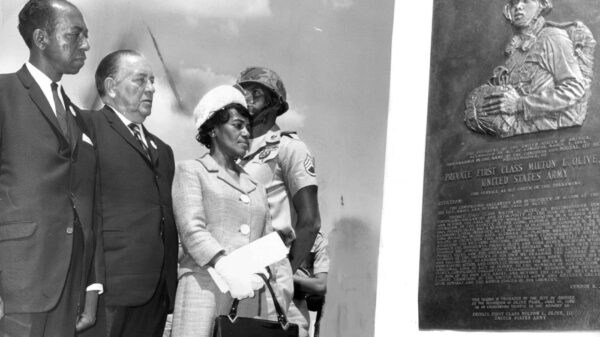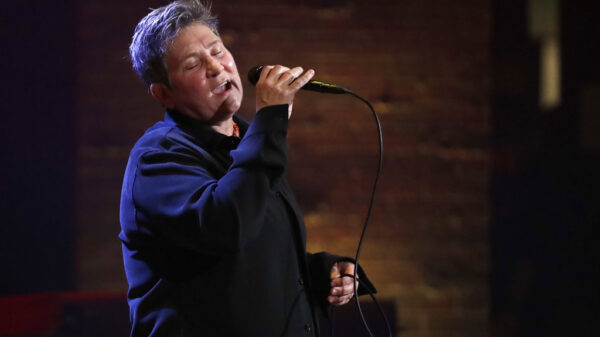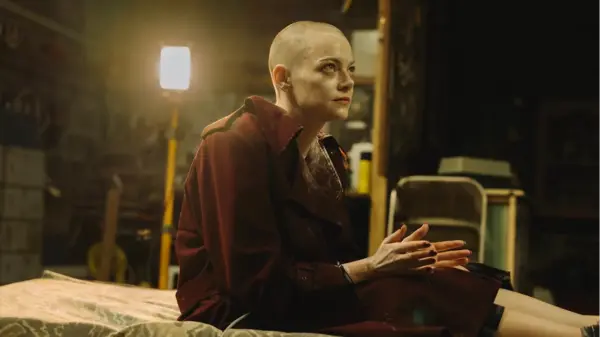UPDATE: The new true-crime documentary, “Aileen: Queen of the Serial Killers,” is now streaming on Netflix, revealing shocking confessions from notorious serial killer Aileen Wuornos. In a dramatic twist, Wuornos confessed to a series of murders to protect her girlfriend, Tyria Moore, who had betrayed her to the police.
Between 1989 and 1990, Wuornos, a prostitute in Florida, was convicted of murdering six middle-aged men along remote highways. This chilling documentary sheds light on her complex psyche and the circumstances surrounding her violent actions, including an unearthed interview recorded while she was on death row. Wuornos was executed by lethal injection on October 9, 2002, but her story continues to captivate audiences.
The film dives into Wuornos’ turbulent childhood and the love affair that led to her downfall. Turner, the documentary’s director, stated, “For the first time in her life, she’s getting interviews with people and being listened to and taken seriously is when she’s committed these very serious murders.” This reflects a tragic irony in her quest for validation, as her confessions and crimes drew massive media attention.
In a heart-wrenching moment captured in the documentary, Wuornos, who had a volatile relationship with Moore, declared, “If I have to confess everything just to keep you from getting in trouble, I will.” Unbeknownst to her, Moore was working with investigators, leading to Wuornos’ arrest in 1991 and ultimately her conviction for the murders of Richard Mallory, David Spears, Charles Carskaddon, Troy Burress, Charles Humphreys, and Walter Antonio.
The documentary also highlights the media frenzy surrounding Wuornos, who was dubbed the “Queen of the Serial Killers.” Producer Jackie Giroux remarked, “The news media made her famous — they made her the ‘queen of the serial killers.’” This fame came at a steep price, as Wuornos grappled with the consequences of her actions and her deteriorating mental state.
The film captures the duality of Wuornos’ character: a victim of her past while simultaneously a perpetrator of horrific violence. Turner explained, “What surprised me is that she’s so many contradictory things at once. She’s charismatic, but she’s a killer.” This complexity invites viewers to reflect on the societal factors that contribute to such tragic outcomes.
As the documentary unfolds, it reveals deep emotional layers, showcasing Wuornos’ longing for love and acceptance, juxtaposed against her violent reality. Her candid reflections about her crimes and the media’s exploitation of her story add a compelling dimension to the narrative.
With the release of “Aileen: Queen of the Serial Killers,” the public’s fascination with Wuornos is reignited. The film serves not only as a recounting of her crimes but as a poignant exploration of trauma and the search for identity. The chilling confessions and the tragic fate of Wuornos resonate deeply, prompting critical conversations about mental health, societal neglect, and the complexities of human behavior.
This gripping documentary is a must-watch for true crime enthusiasts and anyone seeking to understand the intricate layers of one of America’s most infamous criminals. The impact of Wuornos’ story continues to echo, raising important questions about society’s role in shaping individuals’ destinies.





































































